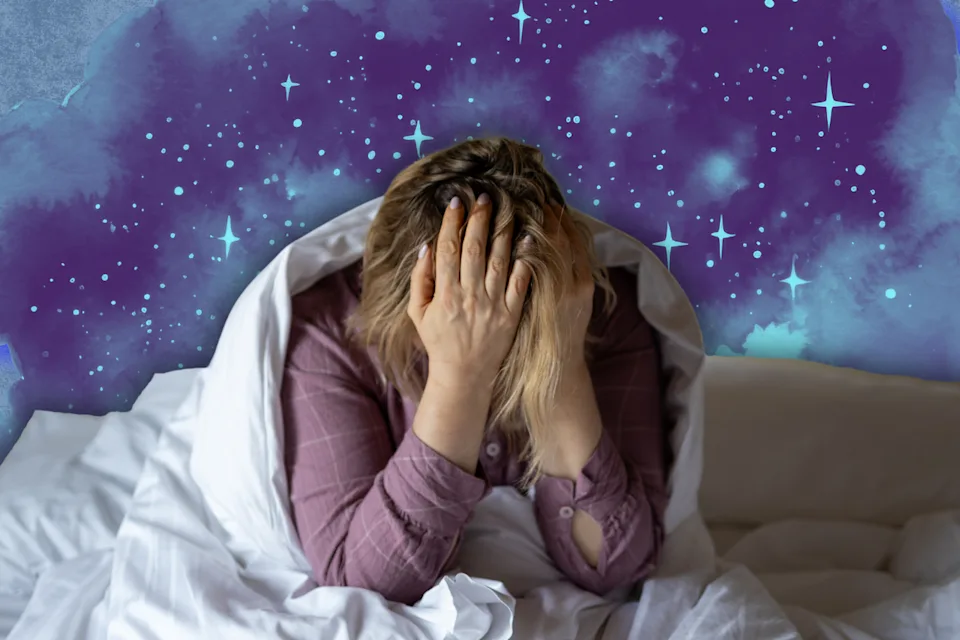From sleep apnea to symptoms affecting your mood, Dr. Lindsay Shirreff sheds light on the connection between menopause and sleep. Can’t sleep? Menopause symptoms cause sleep issues for more than 50 per cent of women. Menopause can significantly impact your sleep quality. Global studies have found that more than half of women experience some kind of sleep disorder during perimenopause and menopause, which can make it feel impossible to get a good night’s sleep. Vasomotor symptoms, like hot flashes and night sweats, cause many women to wake up frequently throughout the night due to discomfort. However, Shirreff noted that during midlife, there can be a host of sleep disorders that can develop during perimenopause and menopause, like obstructive sleep apnea and insomnia due to reduced airway muscle tone. As we age, the muscles that keep our airways open, such as the soft palate and tongue muscles, can weaken, making it difficult to regulate oxygen levels. Many people with obstructive sleep apnea snore, gasp, or wake up frequently throughout the night, which makes it difficult to achieve restorative sleep. Poor sleep can also contribute to the development of serious health issues such as cardiovascular disease and high blood pressure. Fortunately, Shirreff said there are steps you can take to help improve your sleep quality and ensure you’re getting the rest you need during menopause. Declines in estrogen can disrupt serotonin, leading to a longer time to fall asleep, frequent awakenings, and less restorative sleep,” Shirreff added. ”Also, normally, progesterone can have sedative effects, so its decline can contribute to insomnia. Manage night sweats and hot flashes. Individuals who frequently wake up due to night sweats or hot flashes have several options to explore for improving their sleep quality. Aside from dressing in light layers and investing in cooling bedding, Shirreff said both non-hormonal and hormonal prescription therapies can help improve vasomotor symptoms, leading to better sleep at night. Consider therapy. Cognitive behavioral therapy for insomnia, or CBT-I, can work to improve long-term sleep. Shirreff said there’s a good amount of evidence to suggest this may be an effective solution for midlife sleep issues, including those caused by menopause. Over the course of six to eight sessions, CBT-i addresses the factors that contribute to the persistence of insomnia. Research has shown that it produces results equivalent to sleep medication, with no side effects and fewer episodes of relapse.
Thank you for reading this post, don't forget to subscribe!Why Does Menopause Ruin Sleep Way To Get A Better Night Rest According To An OBGYN



